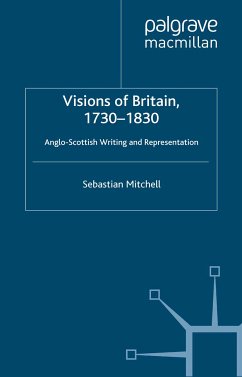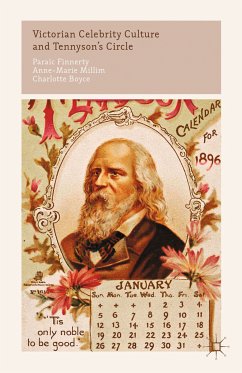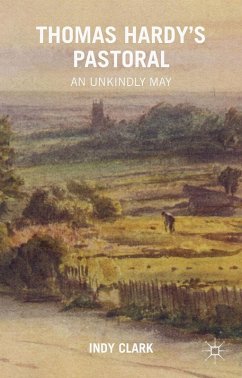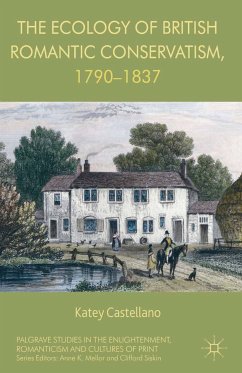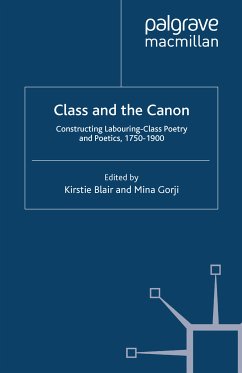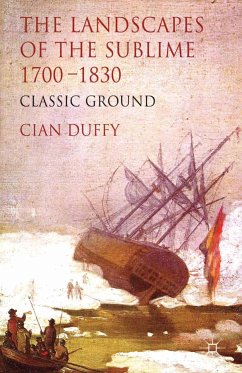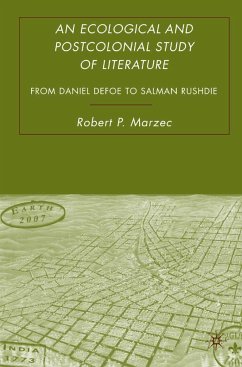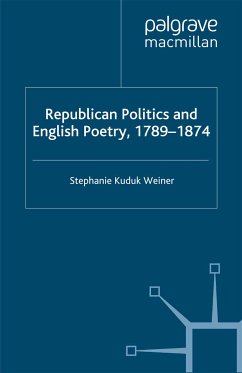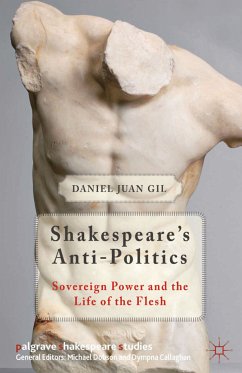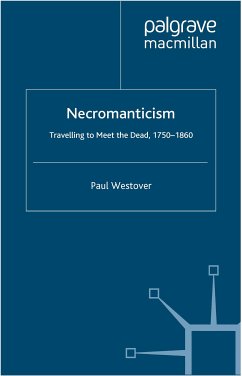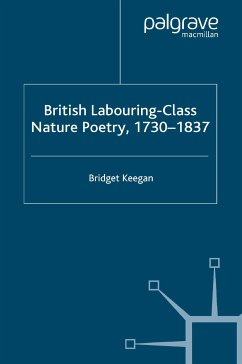
British Labouring-Class Nature Poetry, 1730-1837 (eBook, PDF)
Versandkostenfrei!
Sofort per Download lieferbar
40,95 €
inkl. MwSt.
Weitere Ausgaben:

PAYBACK Punkte
20 °P sammeln!
This study shows how poets worked within and against the available forms of nature writing to challenge their place within physical, political, and cultural landscapes. Looking at the treatment of different ecosystems, it argues that writing about the environment allowed labouring-class poets to explore important social and aesthetic questions.
Dieser Download kann aus rechtlichen Gründen nur mit Rechnungsadresse in A, B, BG, CY, CZ, D, DK, EW, E, FIN, F, GR, HR, H, IRL, I, LT, L, LR, M, NL, PL, P, R, S, SLO, SK ausgeliefert werden.



